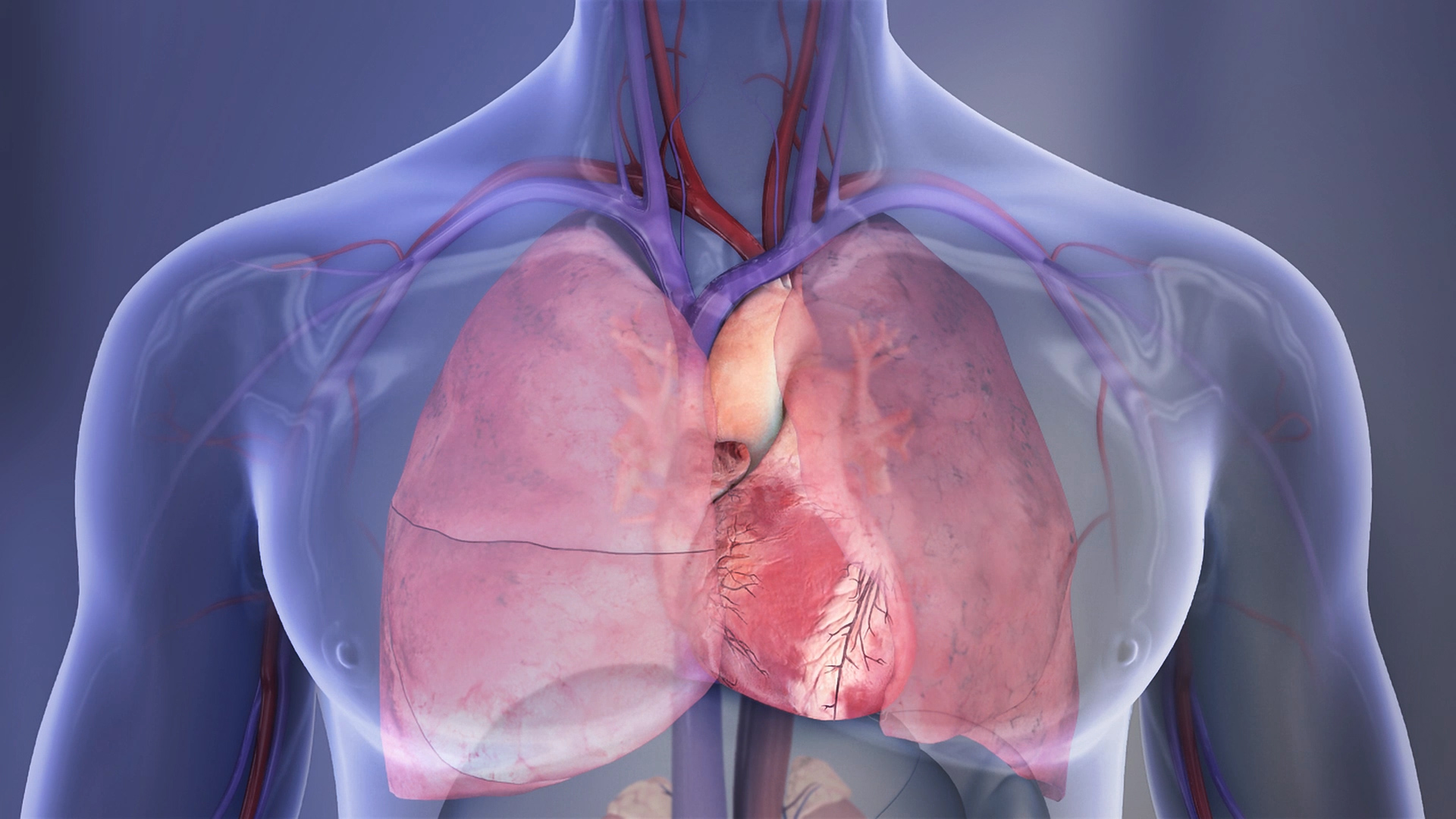FAQ: Understanding Circadian Rhythms and Heart Health

Summary
Disruptions to the body's circadian rhythms are strongly associated with increased risk of cardiovascular disease, obesity, Type 2 diabetes, and high blood pressure. Optimizing circadian rhythms through better regulation of sleep, meal times, and light exposure offers a promising preventive strategy for cardiometabolic health.
What are circadian rhythms and why do they matter for heart health?
Circadian rhythms are the body’s natural 24-hour internal clock that regulates biological processes like sleep, wakefulness, hormone release, digestion and body temperature. Disruptions to these rhythms are strongly associated with increased risk of cardiovascular disease, obesity, Type 2 diabetes, and high blood pressure.
What causes disruptions to circadian rhythms?
Factors such as rotating schedules or shift work, irregular sleep and meal times, or light exposure at night often cause circadian rhythm disruptions. Modern lifestyles increasingly challenge the body’s natural circadian rhythm.
How do circadian disruptions affect health?
Body clock disruptions impair metabolic regulation, blood pressure control and hormonal balance, contributing to disease progression. These disruptions may trigger adverse health effects in several different ways beyond simple inconveniences like staying up too late.
What health conditions are linked to circadian rhythm disruptions?
Circadian disruptions are associated with increased risk of obesity, Type 2 diabetes, high blood pressure, cardiovascular disease, and may be particularly relevant to cardiovascular-kidney-metabolic health, which is associated with cardiovascular disease incidence and mortality risk.
How can people optimize their circadian rhythms for better health?
Aligning daily behaviors - when we sleep, eat and move - with our internal clock is important to support optimal cardiometabolic health. Behavioral interventions to better regulate the body’s schedule may improve circadian alignment and reduce cardiometabolic risk.
What is circadian health and how is it maintained?
Circadian health is defined as the optimal function, rhythmical character and alignment of the circadian system with the light-dark cycle. The circadian system is synchronized primarily through light detected by the retina in the eye and transmitted to special neurons in the brain’s hypothalamus region.
Who is most affected by circadian rhythm disruptions?
People with rotating schedules or shift work, irregular sleep and meal times, or those exposed to light at night are particularly affected. Modern lifestyles increasingly challenge everyone’s natural circadian rhythm.
What biological processes are regulated by circadian rhythms?
Circadian rhythms regulate key functions such as heart rate, blood pressure, metabolism, hormone secretion (including cortisol for stress response and metabolism), sleep, wakefulness, digestion, and body temperature.
What more research is needed on this topic?
More research is needed to establish causality, identify optimal timing strategies and develop personalized interventions based on a person’s internal clock timing. Optimizing circadian rhythms offers a promising preventive strategy that requires further investigation.
Where was this scientific statement published and by whom?
The statement ‘Role of Circadian Health in Cardiometabolic Health and Disease Risk’ was published by the American Heart Association in its flagship journal Circulation, with Dr. Kristen Knutson, Ph.D., FAHA, serving as volunteer chair of the statement writing group.

This story is based on an article that was registered on the blockchain. The original source content used for this article is located at NewMediaWire
Article Control ID: 267124